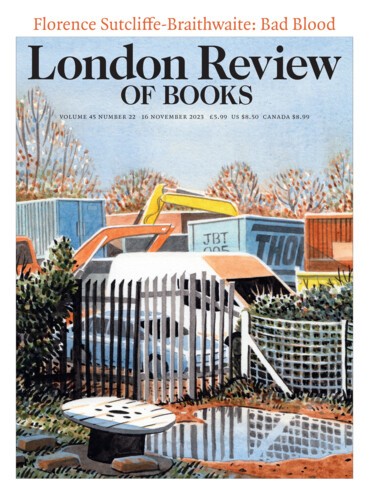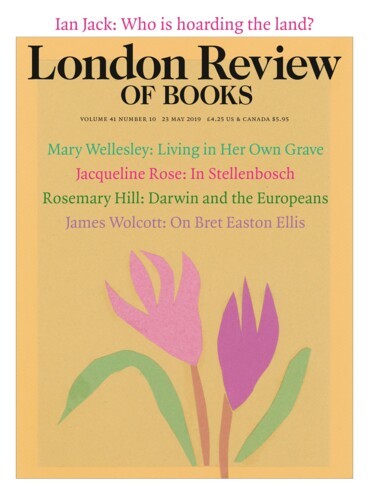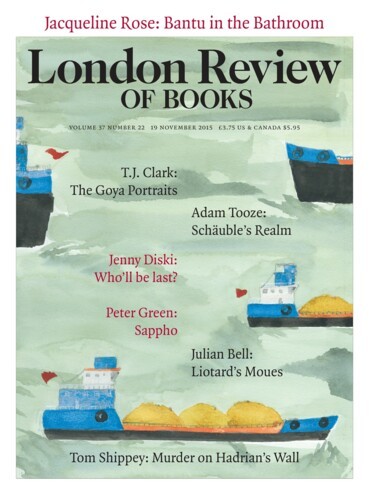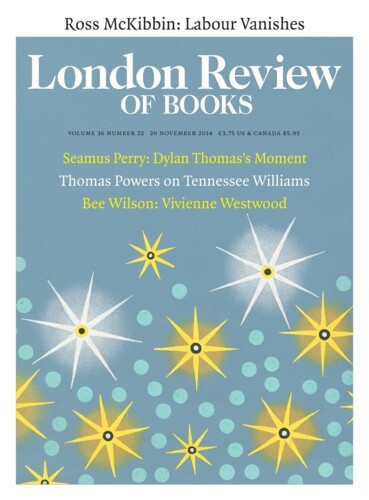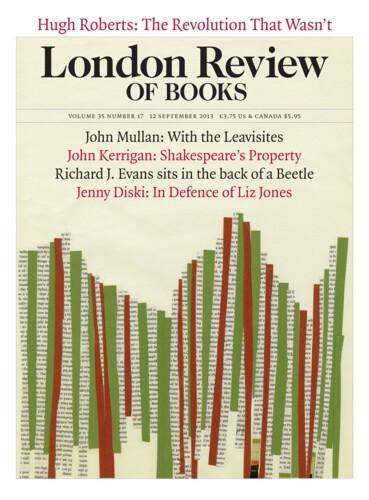Candy-Assed Name: ‘Demon Copperhead’
John Mullan, 16 November 2023
About two-thirds of the way through Barbara Kingsolver’s Demon Copperhead, the eponymous narrator, now at high school in a poor town in Virginia, finds himself branded as ‘gifted’ by a perceptive teacher. This means that he has ‘to do the harder English, which was a time suck, reading books’. By this stage of the novel, you know that he secretly respects good...
